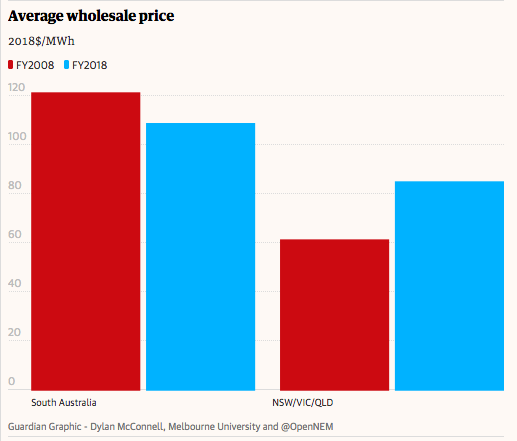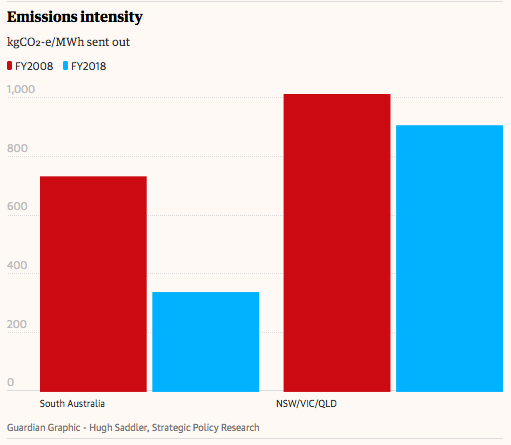Snap Action: No UCG at Leigh Creek
Alert from Conservation SA
 Tuesday September 18, 2018, 9am
Tuesday September 18, 2018, 9am
SUPREME COURT OF SA
1 GOUGER ST, ADELAIDE, SA
Government plans for an Underground Coal Gasification (UCG) plant at Leigh Creek.
“We’re very concerned because people live in that area and it’s time for healing of the site, not any more destruction. Leigh Creek is the basis for our law this must be stopped.”
Vince Couthard, Adnyamathnha Traditional Lands Association.
Local community say NO WAY and, with people around the state, are urging the Marshall Government to dump plans for UCG at Leigh Creek and ban this risky and extreme technology.
UCG was banned in Qld after it caused the biggest pollution disaster in that state’s history.
If it’s banned in Qld, why is it coming to SA?!
On Tuesday September 18, 2018, Adnyamathanha Traditional Owners are seeking an injunction on the UCG trial on their lands at Leigh Creek.
Can’t make the snap action? It only takes a few minutes to call Mining Minister Dan Van Holst Pellekaan on 08 8642 3633.
Urgent action is required to bring this dirty plan to a halt!
Show your support and take a stand against dirty and unwanted gas projects in our state.
— Conservation SA








